
On behalf of Cineworld, film student Alix Manolas sits down with Sang-il Lee, the man behind the remake of Clint Eastwood's classic Unforgiven, Yurusarezaru Mono.
A visionary reimagining of Eastwood's Oscar-winning western set in Samurai-era Japan, Yurusarezaru Mono continues the great tradition of cultural exchange between Japan and the US that began with John Ford and Akira Kurosawa.
Click here to book your tickets for Yurusarezaru Mono.
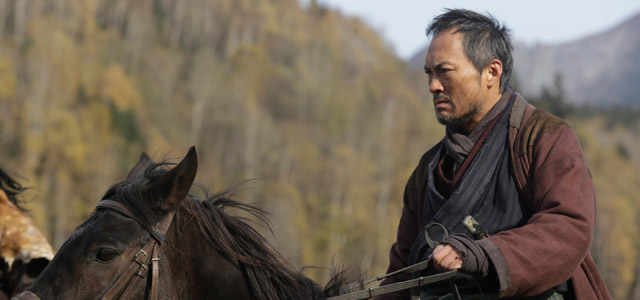
What was the first film you ever saw, and what effect did it have on you?
One that sticks out in my mind from my childhood is E.T by Steven Spielberg. It made me cry! I was in fourth or fifth grade of elementary school at the time.
What made you want to get into filmmaking?
When I was a university student I got to do a part-time job on location with filming, so I suppose that was the moment for me. I was always asleep! I was a runner, at the bottom of the ladder.
What does it mean to you to have younger generations interested in watching your films?
When I first saw [Unforgiven] I was nineteen years old, and I couldn’t understand it or really appreciate how great the movie was. I just thought it was a very depressing movie. But at the same time I felt something very deep within it, but I didn’t know what it was. So I would like to encourage younger generations to see the movie, which they may not necessarily understand now, but in ten or twenty years there will be a point in which they come to understand and appreciate it. So for something that they can’t quite understand now, maybe they should be encouraging themselves to see more and more of these films.
What was your first break into the industry, and how did it come about?
I attended film school and for a graduation project I created a movie that won an award (Blue Chong). I suppose that was a break for me.
Were your family and friends supportive of your decision to pursue filmmaking?
In Japan, there is a culture that says that upon graduating from university, you are supposed to get a job. You know, that sort of general pressure that we have, but that is the correct way to do it. When I graduated from university, I said to my parents that I would like to go to film school to learn how to make films, and then my father told me to get out of the house.

Do they support you now, now that you’ve become successful?
Rather than being supported by my parents, they started telling me what they think of my movies and giving their opinion. Very annoying!
What is your process for coming up with movie ideas?
I don’t have a set process that I follow, because it’s not something that comes to mind suddenly. I have to do something quite studious like reading books, or watching other movies or maybe trying to be aware of what’s going on in the world. Sometimes what I’m interested in matches what’s going on in all of these things. It’s almost like an accident; sometimes it happens and creates that chemistry. So I wouldn’t say there is a set procedure that I follow, but that is how I do it.
I suppose what’s important is that if you look at what’s going on in the world, you have to question it, you have to have a sense of discomfort and ask “is this really true?” or “is there something funny going on?”. That’s sort of the mentality of being able to question, and that sense of discomfort is very important, that moment in which you feel it.
Where do you get your passion and inspiration from?
The passion comes from reviewing my own movies, and talking about some negative things within them and maybe something that makes me angry from what I have done in the past. Or maybe looking at some other filmmaker’s work, and being jealous about how well they did. That sort of thing would lead to the passion to want to make more films.
How do you perceive the film industry in Japan and Asia?
I guess the situation is quite similar to the one in Britain, but the kind of movie that draws the box office are either for a very senior age group or targeting a very young generation. I think that’s a similar situation in Japan, and I think I’d particularly like my movie to be seen by younger generations.
They tend to prefer something that is easy to understand in terms of the emotion and getting the answer straight away when they’re watching the film. So they’re hesitant to watch the kind of movie that they may not get straight away. That is my concern. But this is the kind of movie that makes you want to understand; it’s almost like homework for yourself. That is the basis of me wanting to remake this movie after twenty years, because a movie like that will stay with you more.


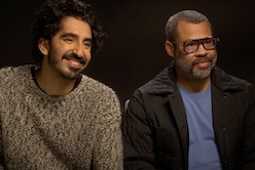


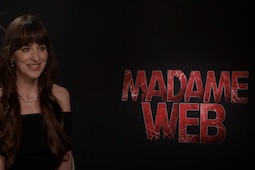


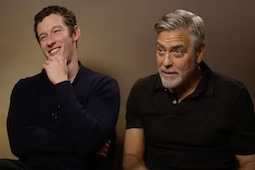

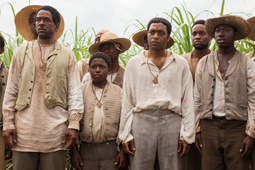
.jpg)


.jpg)
.png)






